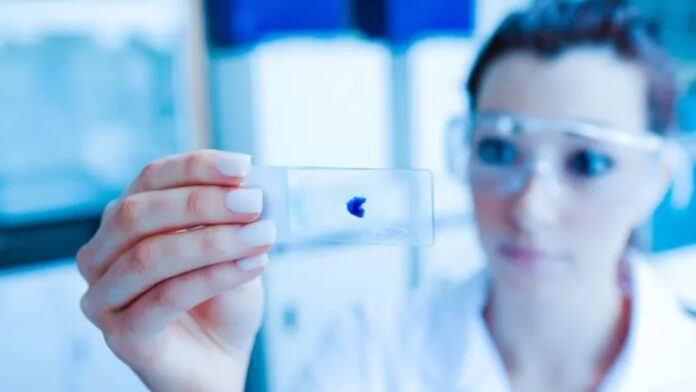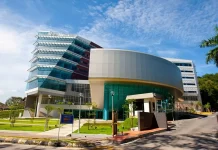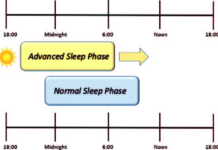The Indian Human Microbiome Initiative, a flagship project of the Department of Biotechnology and National Centre for Cell Science, Pune, India, has completed the profiles of 3,878 people.
The first reference Indian human microbiome study from healthy individuals will benefit future research on various disease models and the development of precision probiotics for Indian populations.
To date, over 15,000 microbiome profiles and 3,500 individual microbiomes have been created. According to Dr. Dhiraj Dhotre, the initiative’s principal investigator, “We are now analyzing this data to understand the role of the microbiome in these communities and to generate India’s first comprehensive healthy microbiome map.”
According to him, the reference human microbiome map will provide information about the variables affecting the occurrence of particular diseases, direct the creation of probiotics specific to a given area, and provide a solid scientific foundation for advocating for health behaviours that are in line with our cultural heritage.
According to Dr. Dhotre, a senior scientist with the National Centre for Cell Science, an understanding of this diversity can help personalized medicine by enabling targeted interventions and treatments catered to each patient’s unique microbiome.
Trillions of microbes live in and on our bodies, and these microbes play a vital role in many aspects of our health, from the production of vital vitamins to the metabolism of complex carbohydrates and fats, immune system maintenance, and first line defence against pathogens. In fact, our microbiome is linked to nearly 90% of known human diseases.
As of right now, we know that the human body contains 1.3 times more microbial cells than human cells.
Multi-institutional biobanking project
The Indian Human Microbiome Initiative was started by Dr. Yogesh Shouche of the National Centre for Cell Science in Pune and is a flagship project of the Department of Biotechnology, Government of India. In partnership with AIIMS, Delhi, SRMIMS, Chennai, KEM-HRC, Pune, IBSD, Imphal, TDU, Bangalore, School of Health Sciences, SPPU, Pune, and Department of Anthropology, SPPU, Pune, NCCS is spearheading this multi-institutional project.
Each of the 705 indigenous ethnic groups and more than 2,205 major communities is still maintaining its own distinct history, customs, and traditions. The diet, which varies greatly even within a specific geographic region, reflects these differences as well.
Research methodology
For the purpose of studying the microbiome of India, 17 distinct endogamous communities—11 non-tribal and 6 tribal—were chosen in order to reflect the wide range of population diversity. With the assistance of anthropologists, these 17 communities, which are dispersed throughout 10 states (Ladakh, Haryana, Uttar Pradesh, Assam, Meghalaya, Jharkhand, Telangana, Maharashtra, Karnataka, and Tamil Nadu) and more than 60 districts, were carefully chosen to represent the diversity of dietary practices.
Why should microbes from tribal communities be preserved?
Our microbiome has been shown to be negatively impacted by rapid urbanization, and our bodies are losing a large number of helpful microbes. Losing microbial diversity can have a negative impact on our health and may be a factor in the emergence of health problems later in life, according to previous studies. It’s thought that tribal communities have not been impacted by modern living. Therefore, sample preservation, or biobanking, is crucial.


































